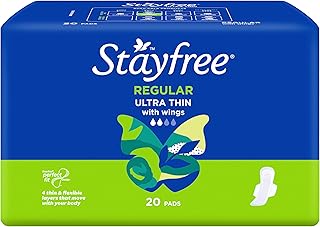In rural India, menstrual health and hygiene remain significant challenges for women, often exacerbated by a lack of access to affordable sanitary products and societal taboos. However, in Alipurduar district of West Bengal, IAS officer Surendra Kumar Meena initiated ‘Swabhiman Dooars’ to address these issues. The project aims to provide quality sanitary napkins at affordable prices while also creating employment opportunities for women, particularly those in self-help groups.
Meena’s vision for ‘Swabhiman Dooars’ materialized after learning about women SHGs in Mahasangha and Sangha areas attempting but failing to launch health-centric hygiene products due to financial constraints. Determined to make a difference, he facilitated the procurement of production machinery, raw materials, and infrastructure. After ten months of diligent effort, the project officially launched in September, featuring a production unit in Birpara capable of manufacturing 14,000 napkins daily through a cooperative society comprising rural women SHGs.
The project not only focuses on production but also on establishing a distribution network involving SHG clusters as wholesalers and village-level SHG women as retailers. This model ensures that women are key players in the marketing chain, thereby promoting economic empowerment. Meena emphasized that ‘Swabhiman Dooars’ is intricately linked to women’s dignity, offering both employment opportunities and improved health safety for rural women.
More than 100 women from SHGs are currently engaged in the production unit, with plans to expand employment opportunities to approximately 1500 women. In addition to economic empowerment, the project emphasizes raising awareness about menstrual health and hygiene, including safe disposal practices. Meena stressed the importance of collaborative efforts to drive societal change and underscored the project’s role in enhancing health, gender equality, and empowerment.
Through extensive campaigns and stakeholder engagement, ‘Swabhiman Dooars’ seeks to dispel the notion that menstrual hygiene is solely a women’s issue, emphasizing its broader societal impact. Meena’s commitment to the initiative reflects a broader call for collective action to support initiatives that promote women’s well-being and empowerment. As the project continues to evolve, its success serves as a testament to the transformative power of community-driven initiatives in addressing critical social challenges.
📰 Related Articles
- World Bank’s Holistic Approach Empowers Women Through Menstrual Hygiene
- Sunita Kotnala Empowers Women Through Women’s Shed Canberra
- Study Reveals Preferences for Reusable Sanitary Products Among Women
- She’s Electric Campaign Empowers Women Through E-Biking Revolution
- Modlily Empowers Women with Summer BOGO Self-Love Promotion






